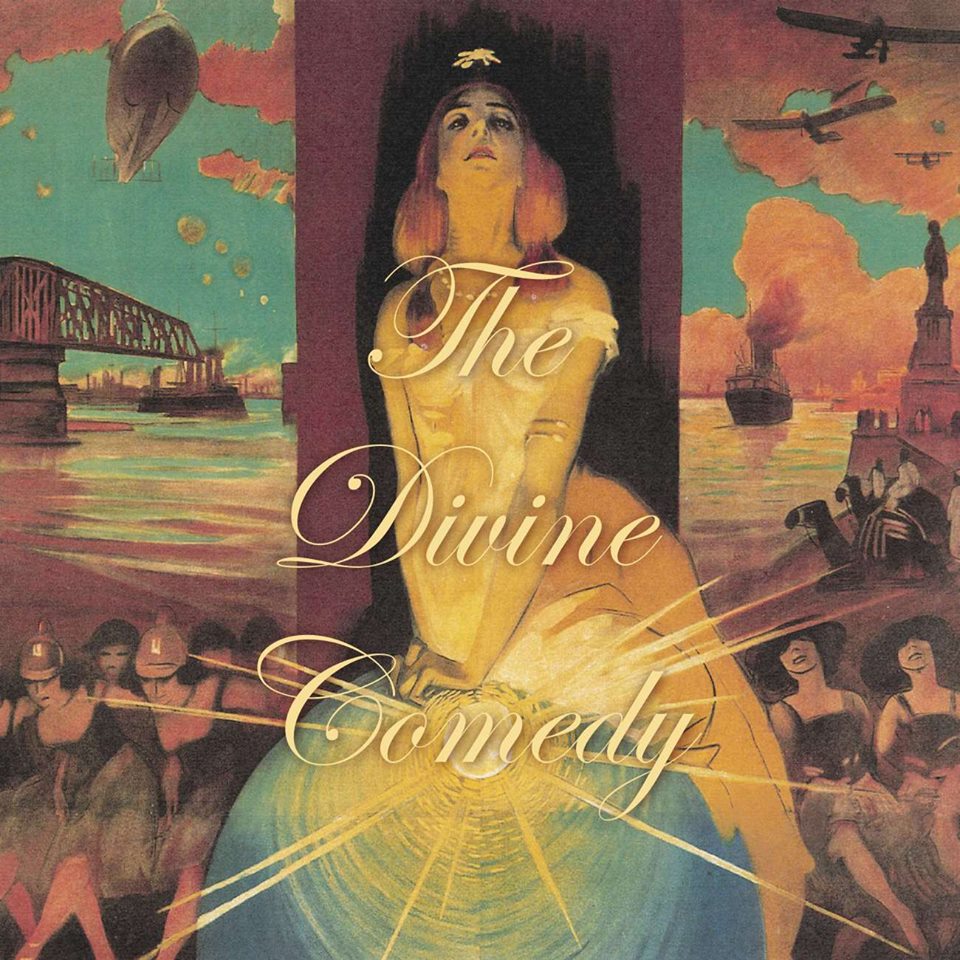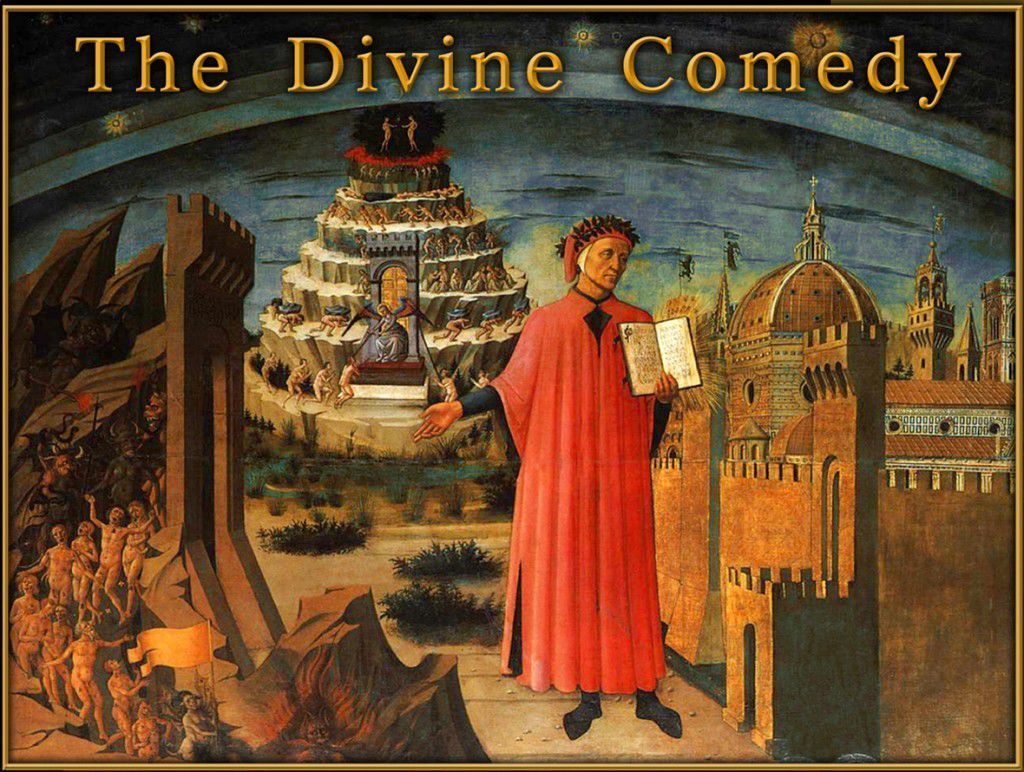

Looney seems to have no idea how poems are written. In a note on the translation, Dennis Looney, scholar of Italian adds, "Anyone comparing this translation with the original may wonder at times why Dante didn't do this himself." Anyone? Speak for yourself.

The actual results include interesting interpolations but perhaps shed less new light than James supposes. Will they try to reproduce the poem's terza rima, the ever-moving ABABCBCDC etc rhyming tercets? Eleven syllables? Iambic pentameter, rhymed or unrhymed? Free verse? What of the poem's decorum, its dignity, its presiding tones? How to make a version neither anachronistically modern nor fake-medieval? And will there be line - or at any rate stanza- equivalence between the original and the translation? Translators approaching Dante must make some formal decisions at the outset.

Clive James seeks to correct this imbalance. In comparison, the road to paradise can seem less compelling. Hell seems of particular interest in an unbelieving age, perhaps because it offers a structure in which to contemplate folly – and also contains the most interesting characters. Of the poem's three parts, the Inferno is the most popular. As Shakespeare is to drama, so Dante is to poetry: a star shedding light everywhere. What an author says, and how he says it, that is the problem of the translator.Such is Dante's greatness that the dying-away of the Catholic theology he dramatises in the Divine Comedy does nothing to diminish his attraction for poets, translators and other readers. The business of a translator is to report what the author says, not to explain what he means that is the work of the commentator. In other words, while making it rhythmic, I have endeavoured to make it also as literal as a prose translation. Longfellow later wrote: The only merit my book has is that it is exactly what Dante says, and not what the translator imagines he might have said if he had been an Englishman.

The harshest critique of many contemporary critics was Longfellow's decision not to include an introduction. The accuracy of this translation is considered excellent. This translation is the first blank verse translation in which the terzine were distinguished by indention in print. It includes an autograph inscription to the Duke of Sermoneta "from the Translator." This is a volume from the first authorized edition of Henry Wadsworth Longfellow. The Divine Comedy of Dante Alighieri Translated by Henry Wadsworth Longfellow.


 0 kommentar(er)
0 kommentar(er)
